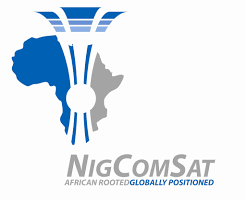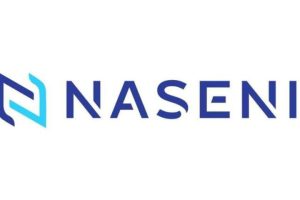ABUJA, NIGERIA – Nigeria’s National Agency for Science and Engineering Infrastructure (NASENI) and the Bureau of Public Procurement (BPP) have signed a Memorandum of Understanding (MoU) to enforce Nigeria’s “Nigeria First” policy on procurement. The agreement, signed on Monday, July 28, 2025, aims to prioritise locally manufactured goods and services, reduce reliance on imports, and foster economic growth.
The “Nigeria First” policy, a key initiative of President Bola Tinubu’s “Renewed Hope Agenda,” seeks to encourage local production and consumption, support Nigerian businesses, and promote national identity. By prioritising local content, the policy intends to create jobs, stimulate economic activity, and enhance Nigeria’s global competitiveness.
Speaking at the signing ceremony, Khalil Halilu, Executive Vice Chairman/Chief Executive of NASENI, stated that the MoU would resolve approximately 80% of the challenges faced in convincing investors and foreign partners. He asserted that Nigeria would cease to be a “dumping ground for foreign goods,” focusing instead on promoting its own products and services. Mr. Halilu highlighted that NASENI’s recent partnerships, including one with China, have already generated over $2 billion for the country. He noted that NASENI has “50 market-ready Nigeria branded products” and is building a major renewable energy park in Nasarawa.
Adebowale Adedokun, Director-General of the BPP, explained that the MoU creates a structured link between local production and public procurement. He stated that NASENI’s innovations, ranging from tractors and tablets to surveillance drones and solar backup systems, would now be actively prioritised in procurement plans across Ministries, Departments, and Agencies (MDAs).
Crucially, the BPP will integrate NASENI’s product catalogue into the Nigeria Open Contracting Portal (NOCOPO), encouraging other MDAs to follow suit. Dr. Adedokun emphasised that the “Nigeria First Policy” is not protectionist but “an act of patriotism grounded in performance,” aimed at accelerating Nigeria’s industrial revolution. He also highlighted that NOCOPO’s enhanced price intelligence has saved Nigeria over ₦173 billion, $155 million, and €1.7 million between January and June this year.
The BPP has also revised its procurement thresholds, allowing MDAs to act faster on procurements up to ₦5 billion for goods and ₦10 billion for works, while strengthening post-review and audit mechanisms. Dr. Adedokun stressed the BPP’s role in ensuring that local standards are rewarded with access, reinforcing that MDAs should no longer look abroad when quality products are available domestically.





Add Comment